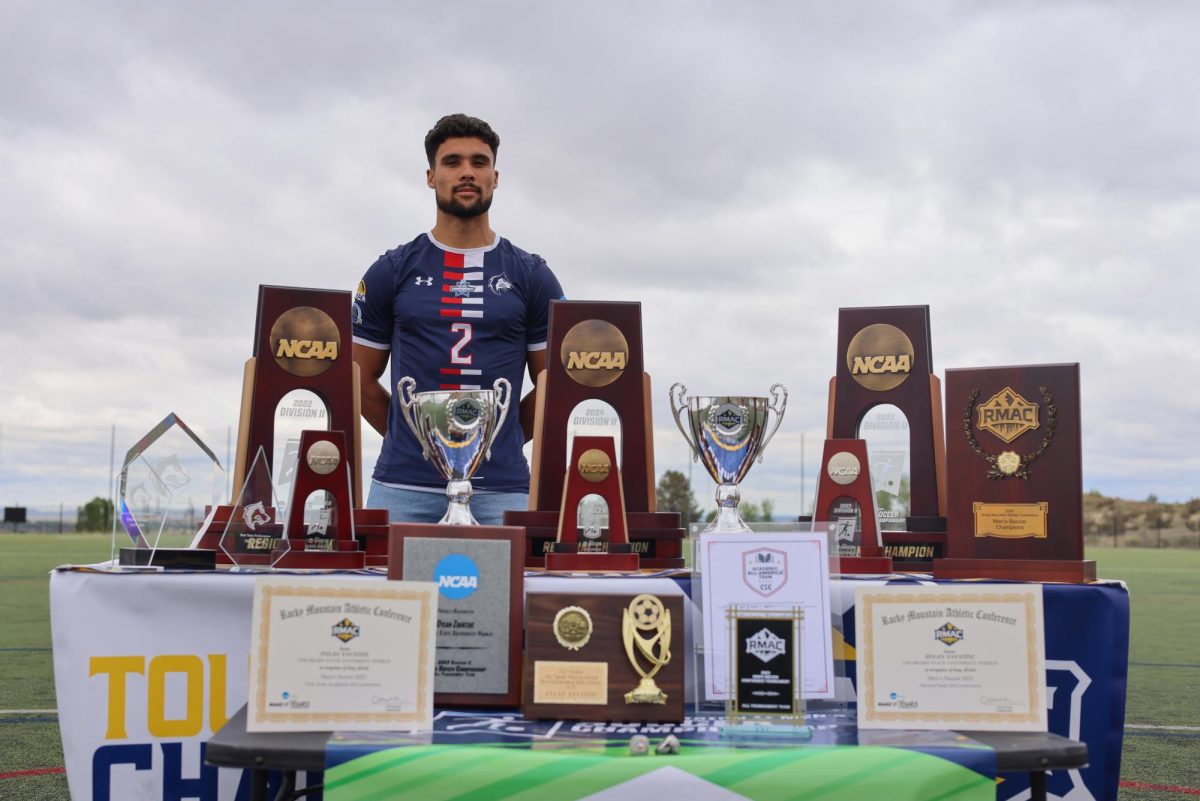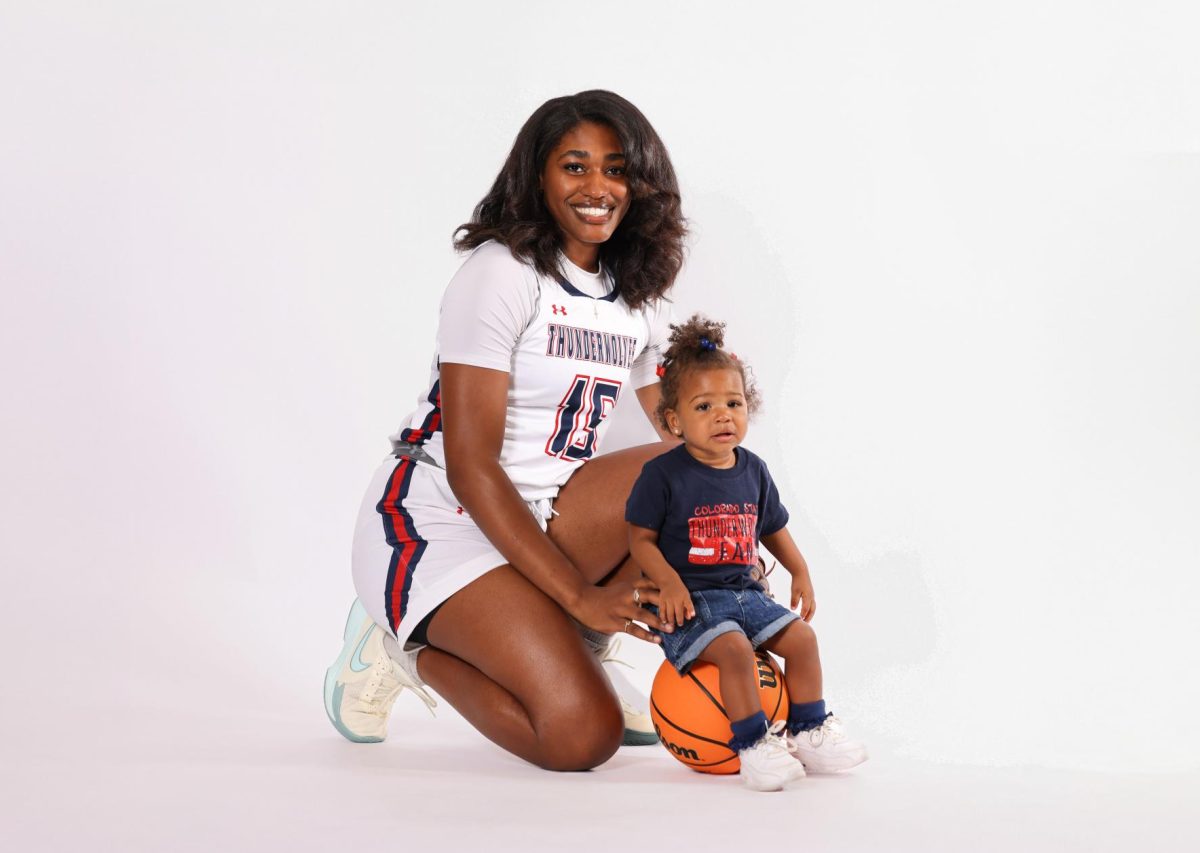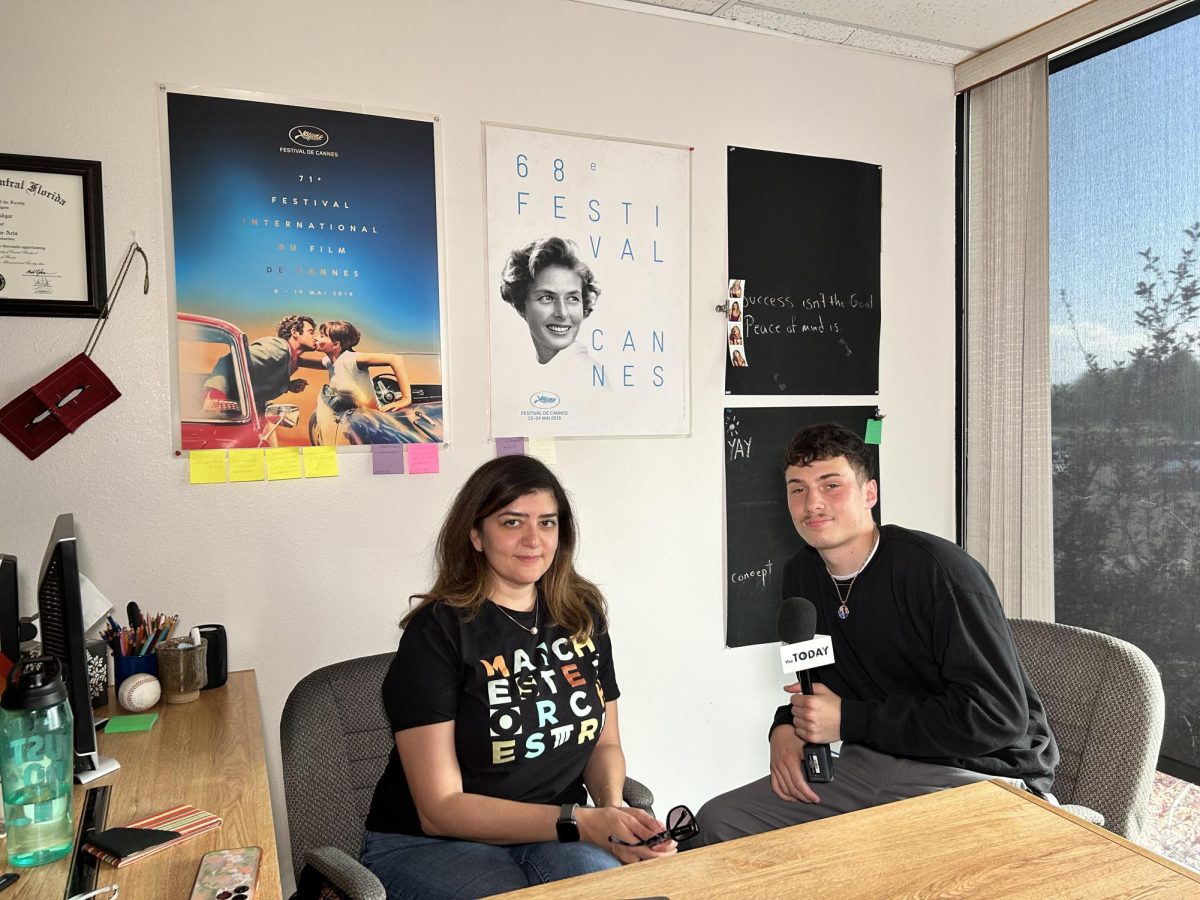Representatives from the NAACP and the ACLU were featured in an open panel discussion celebrating Black History Month at CSU-Pueblo Thursday to discuss racial epitaphs and how they currently effect youth and society.
Questions were aimed at two speakers at the event; Leonard Andrews, speaker for the Colorado chapter of the National Association for the Advancement of Colored People, and Bill Durland, who represents the Colorado chapter of the American Civil Liberties Union.
“The NAACP deals with, and it’s our primary objective, to insure that the rights of all people are not violated” said Andrews.
The NAACP handles issues including religion, political belief, age discrimination, harassment, employment violations and anything that imposes upon an individual’s rights.
When asked about the process the NAACP takes to handle situations, Andrews states “A complaint is the first step, then comes the investigation.”
Several faculty members of the school attended the discussion, as well as President Joe Garcia. Becki Scola, who is the women’s studies coordinator and Fawn Amber Montoya the Chicano studies coordinator attended as well.
The main topic was how the “N” word should be treated in our culture and on campus, and whether the use of the word goes against the first amendment, specifically the people’s right to free speech, or do the people have a right to be free of discrimination.
President Garcia showed concern about some of the politically incorrect activities that take place on campus, including “the ghetto fabulous parties where students wear black face and drink 40s” that when are made public are embarrassing to the school, and what CSU-Pueblo can do to help prevent racial stereotyping.
“There’s a thin line between the first amendment and the rights of students,” said Andrews. “It all comes down to the policies of the school.”
Durland adds that “there should be penalties against using racist language on college campuses, and it’s the schools that need to adapt.”
Another topic concerned was affirmative action and that it may boost racial tensions.
“The NAACP belileves that affirmative action is still necessary,” said Andrews. “Right now, the playing field isn’t quite level enough to do away with it. However, things could get interesting in the future with Obama and Clinton running for office.”
Andrews, who recently joined the NAACP, served in the military for 32 years doing “hard labor”, and firmly believes in the organizations support of African-American rights and the right of all people to be treated equally.
Durland is a chairperson at the ACLU, an organization that states “the American system of government is founded on two counterbalancing principles: that the majority of the people governs, through democratically elected representatives; and that the power even of a democratic majority must be limited, to ensure individual rights.”
Andrews, who was raised in the segregated south, said he believes that though progress has been made in racial equality, greater strides could have been made towards the rights of minority individuals.
The discussion was personally organized by Eric Castro, freshman political science major, and Rachel Dupler, sophomore political science major for Black History Month.
“It took some initiative, but this is a subject that’s important for people to know,” Castro said.
For more information on the NAACP and the ACLU and how they are making strides towards racial equality, please visit their Web sites respectively at www.naacp.org and www.aclu.org.









